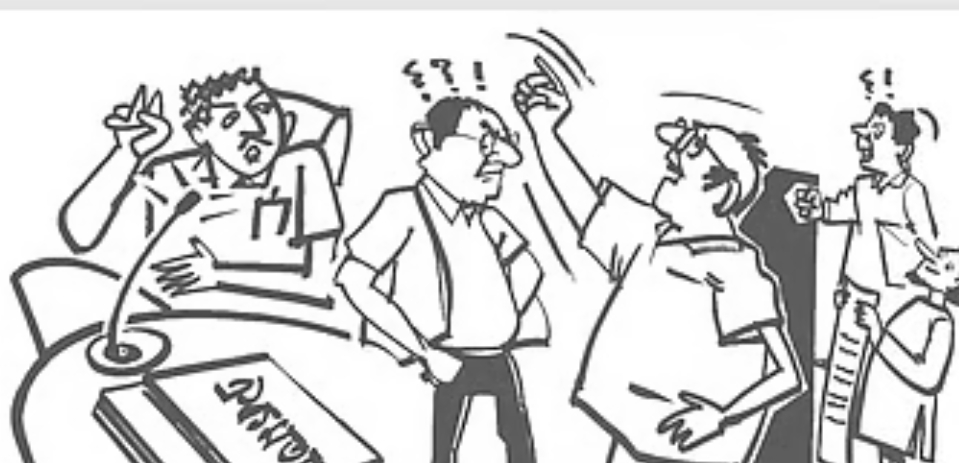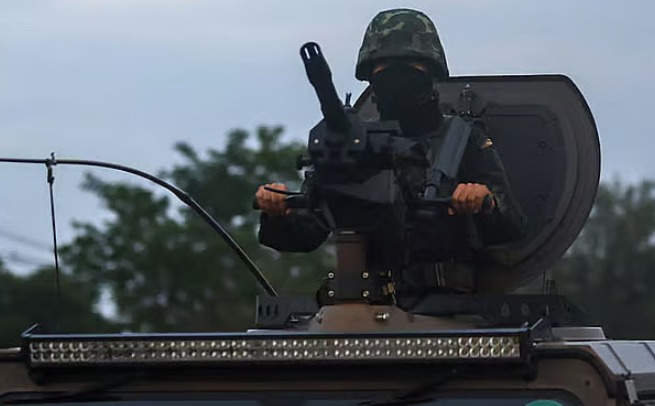Desk Report,
Honor and contempt, consensus and disagreement at the Consensus Commission meeting
After the London meeting, it seems that the discussions of the National Consensus Honor and Commission have gained momentum. Political analysts believe that the dark clouds that had gathered over the election date have largely lifted.
It is not yet time to answer the question of how much good news has come to electoral politics overall. Although the political parties have not said anything publicly, they are preparing underground.
Honor and contempt, consensus and disagreement at the Consensus Commission meeting
Several dramatic events took place in the first three days of the second phase of the National Consensus Commission. The countrymen also witnessed the arrogance of some parties. The ‘compromise’ reached in the meeting between BNP acting chairman Tarique Rahman and interim government head Muhammad Yunus in London was not well received by Jamaat and NCP. They said that through this, the government has leaned towards one party. In protest, Jamaat did not attend the first day’s meeting out of arrogance. After receiving a request from the chief advisor, they participated in the second day’s meeting and three leaders spoke in an unprecedented manner. The leaders of the CPB, the 12-party alliance and the Gono Forum walked out of the conference room in protest at the Jamaat leaders being given more time and the interruption of the Gono Forum leader’s speech. However, they returned after a while. Despite these insults, some progress was made in the meeting of the Consensus Commission, which I believe is a foreshadowing of political compromise. Article 70, which was stuck in the constitution like a stone, has been removed. All parties have agreed that members of parliament will be able to speak and vote freely on all issues except money bills, no-confidence motions against the government and wartime.
Article 70 had tied the hands, feet and mouths of members of parliament. Now they can vote against any law if they consider it against the public interest. It took us 53 years to achieve this freedom.
Although this decision is good in theory, if the current trend of party nominations remains intact, its benefits will not be much. The ATM Shamsul Huda Commission made the list from the local committee mandatory for party nominations. Later, the Awami League government withdrew it. However, the local committee does not always make the right decision. Let me give an example. In the last Narayanganj City Corporation election, the local Awami League did not send the name of Selina Hayat Ivy for the post of mayor. That committee was under the control of Shamim Osman.




